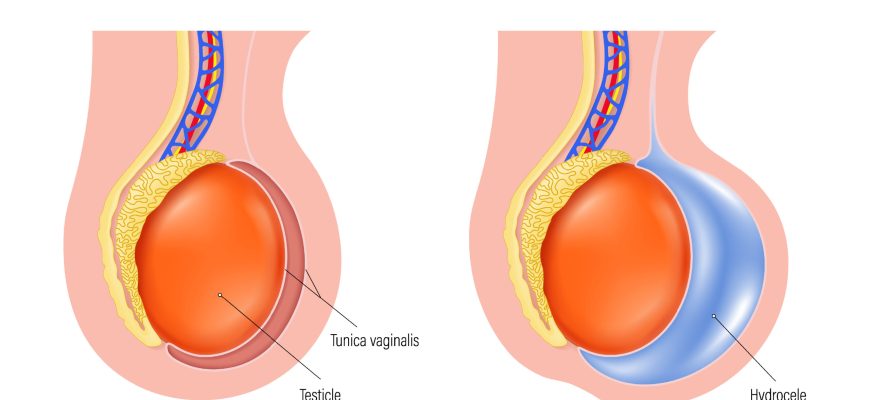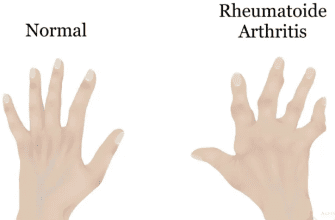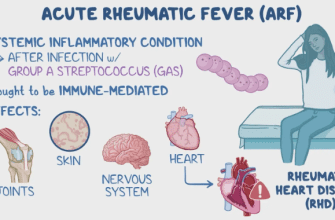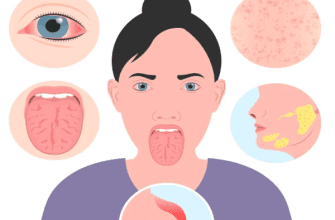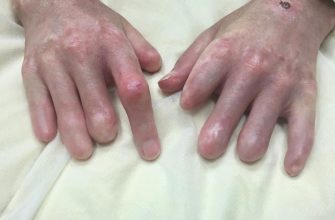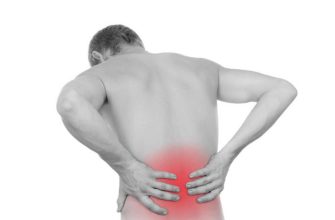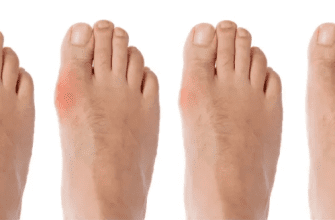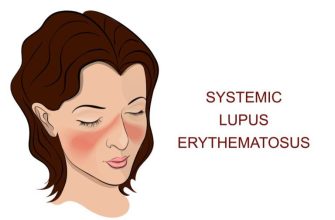A hydrocele is a fluid-filled sac surrounding a testicle, commonly resulting in swelling of the scrotum. It is generally benign and usually painless.
Contents
Etiology
- Congenital Hydrocele: Occurs during fetal development when the processus vaginalis, a pouch of peritoneum, fails to close completely, allowing peritoneal fluid to accumulate in the scrotal sac.
- Acquired Hydrocele: Can develop later in life due to various reasons, including trauma, inflammation, or underlying conditions.
Causes and Risks
- Congenital causes: In infants, the most common cause is failure of the processus vaginalis to close.
- Acquired causes:
- Trauma to the scrotum or testicles.
- Infection or inflammation (e.g., epididymitis or orchitis).
- Tumors in the scrotal region.
- Conditions like filariasis in certain geographic locations, where lymphatic obstruction can lead to swelling.
Symptoms
- Swelling in the scrotum, which is usually painless and may vary in size.
- Feeling of heaviness in the affected side of the scrotum.
- Hydroceles in infants may present at birth, while older children and adults might notice a gradual increase in size.
- In some cases, associated conditions may present with pain or discomfort.
Diagnosis
- Physical Examination: A firm, smooth swelling of the scrotum is often noted.
- Transillumination: A light is passed through the scrotum. A hydrocele will allow light to pass through, while a solid mass will not.
- Ultrasound: This imaging modality can help differentiate hydrocele from other conditions such as tumors or hernias.
Treatment
- Observation: In many cases, especially in infants, hydroceles may resolve spontaneously without treatment.
- Surgical Intervention: If a hydrocele becomes large, causes discomfort, or does not resolve on its own, surgical procedures (hydrocelectomy) may be performed to remove the hydrocele sac and its contents. Surgery can also be indicated if there’s an underlying cause that needs to be addressed.
Prevention
There is no specific way to prevent congenital hydroceles. For acquired hydroceles, reducing the risk factors such as avoiding trauma to the groin area and managing infections effectively may be beneficial.
Complications
- Infection: Potential for an infected hydrocele, leading to pain and fever.
- Testicular Atrophy: Rare cases may lead to compression of the testicle if the hydrocele becomes very large.
- Infertility: In severe and prolonged cases with underlying issues, there could be impacts on fertility.
Hydrocele vs Varicocele: Key Differences
1. Nature of the Condition
- Hydrocele (testicular hydrocele):
- Accumulation of serous fluid between the membranes of the testicle.
- Caused by impaired fluid production/absorption balance.
- Varicocele:
- Varicose veins of the spermatic cord (pampiniform plexus).
- Related to venous valve dysfunction causing blood stagnation.
2. Clinical Presentation
| Feature | Hydrocele | Varicocele |
|---|---|---|
| Appearance | Homogeneous scrotal swelling | “Bag of worms” (palpable dilated veins) |
| Consistency | Firm, elastic | Soft, nodular |
| Pain | Typically painless | Dull ache aggravated by exertion |
| Diurnal changes | Increases by evening | Worsens when standing |
3. Causes
- Hydrocele:
- Congenital (in children) or acquired (trauma, infections, surgery).
- Varicocele:
- Weak venous walls, hereditary factors, increased pelvic vein pressure.
4. Risks and Complications
- Hydrocele:
- Rarely causes serious issues but may lead to discomfort and scrotal deformity.
- Varicocele:
- May contribute to infertility due to testicular overheating and impaired spermatogenesis.
5. Diagnostic Methods
- Hydrocele:
- Scrotal ultrasound, transillumination.
- Varicocele:
- Doppler ultrasound (blood flow assessment), Valsalva maneuver.
6. Treatment Approaches
| Method | Hydrocele | Varicocele |
|---|---|---|
| Conservative | Observation (infants <1-2 yrs) | Scrotal support, venotonics |
| Surgical | Aspiration or Winkelmann/Lord procedure | Laparoscopic vein ligation (Marmar surgery) |
When to Seek Immediate Care?
- Hydrocele: Sudden enlargement/pain (suspected infection).
- Varicocele: Severe pain, infertility, or testicular atrophy.
Important! Both conditions require urological evaluation. Avoid folk remedies – they may worsen the problem
